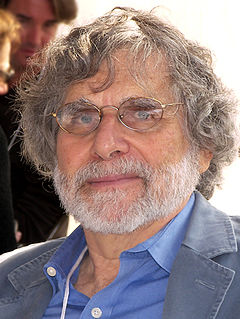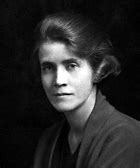A Quote by Hill Harper
Whenever there's an opportunity to celebrate the written word and celebrate the folks that read the written word, and, I think, to encourage other writers to write and encourage folks to read more and get connected to it in a personal way, it's a positive thing.
Related Quotes
Read a lot. But read as a writer, to see how other writers are doing it. And make your knowledge of literature in English as deep and broad as you can. In workshops, writers are often told to read what is being written now, but if that is all you read, you are limiting yourself. You need to get a good overall sense of English literary history, so you can write out of that knowledge.
Dialogue that is written in dialect is very tiring to read. If you can do it brilliantly, fine. If other writers read your work and rave about your use of dialect, go for it. But be positive that you do it well, because otherwise it is a lot of work to read short stories or novels that are written in dialect. It makes our necks feel funny.
Before one is successful that is before any one is ready to pay money for anything you do then you are certain that every word you have written is an important word to have written and that any word you have written is as important as any other word and you keep everything you have written with great care.
There can be no more thrilling idea of intimacy that connecting with someone through the agency of the written word. Here we meet, on the page, naked and unadorned: shorn of class, race, gender, sexual identity, age and nationality. The reader I seek is a tautology, for he/she is simply exactly the person who wants to read what I have written...




































